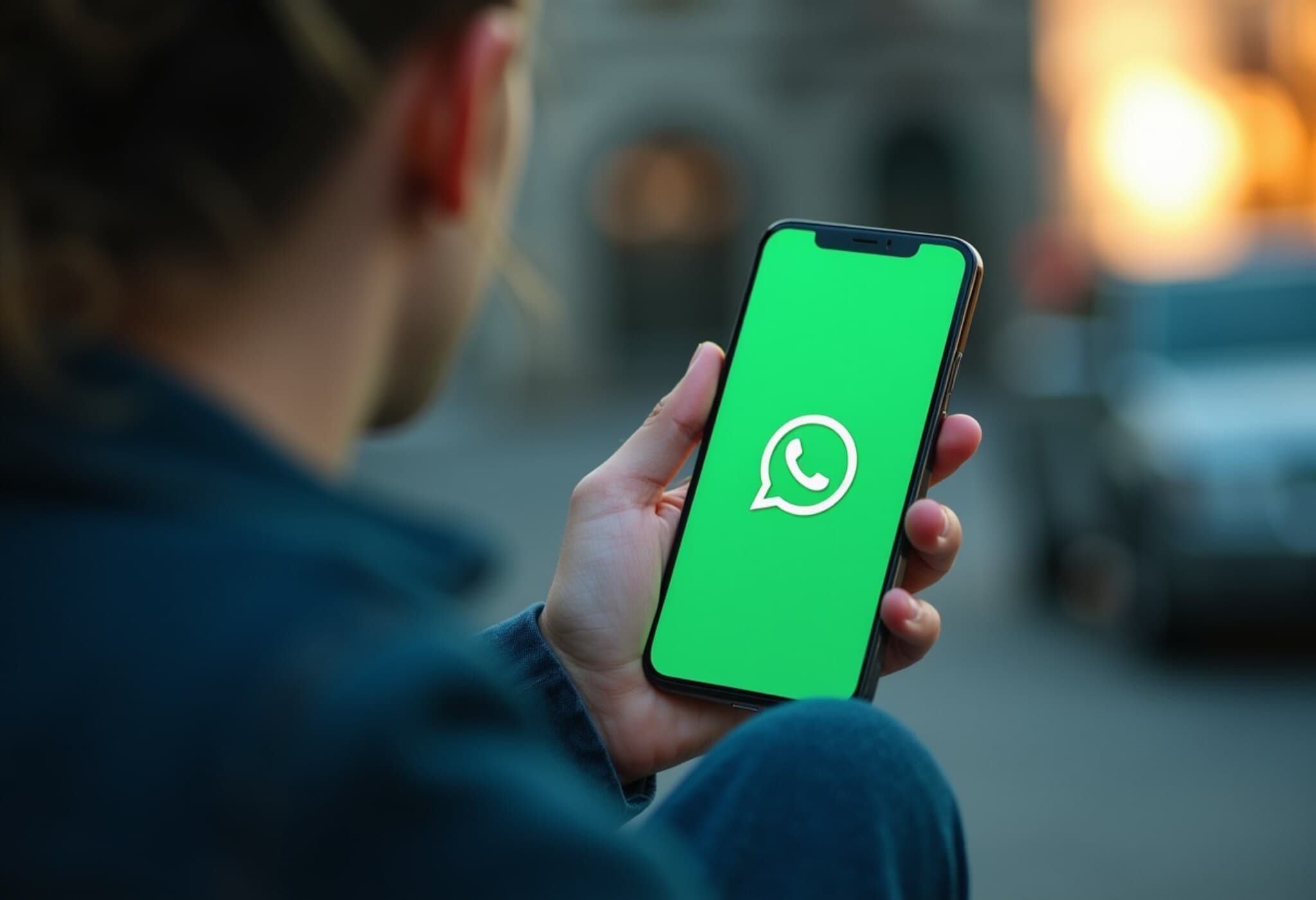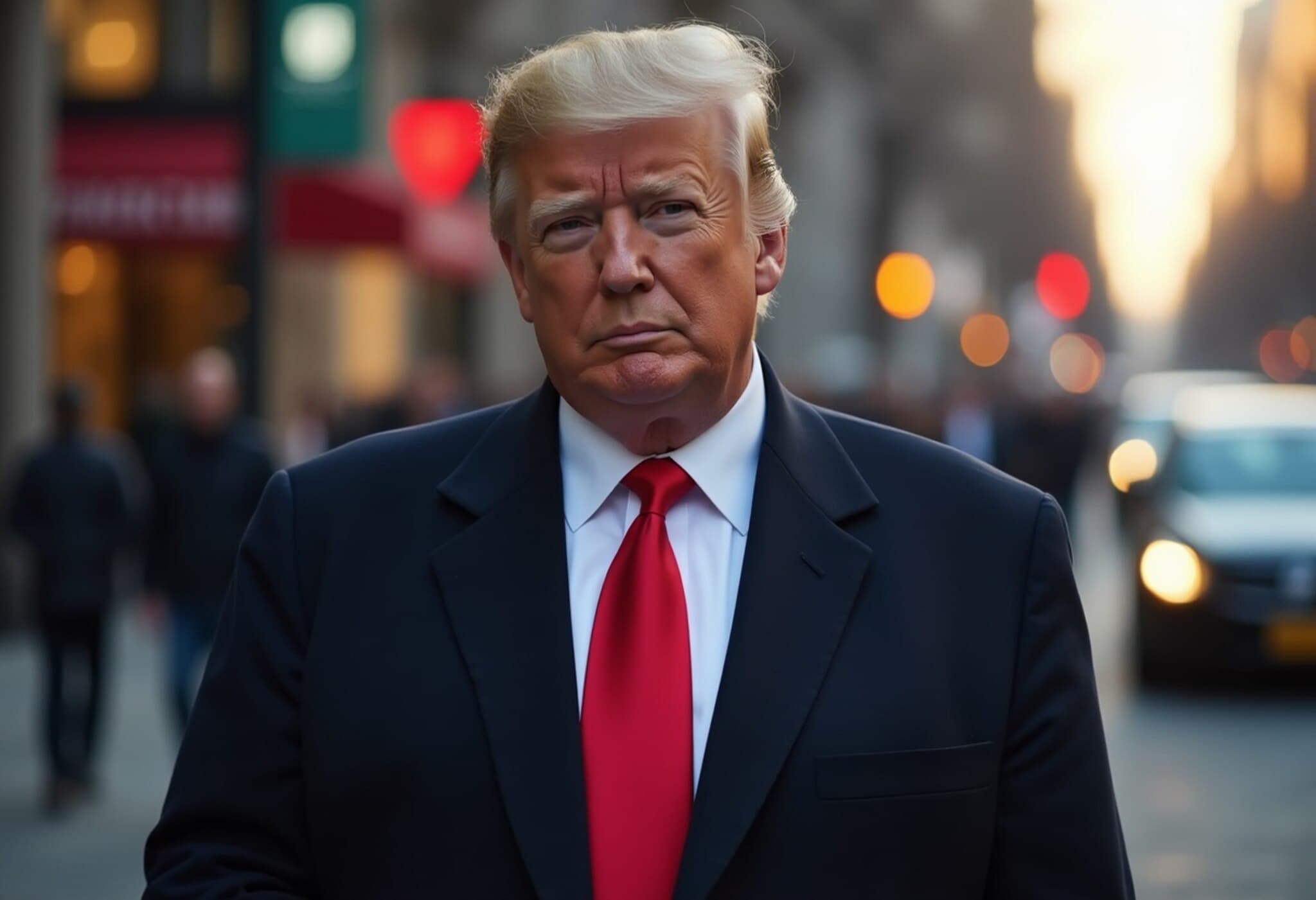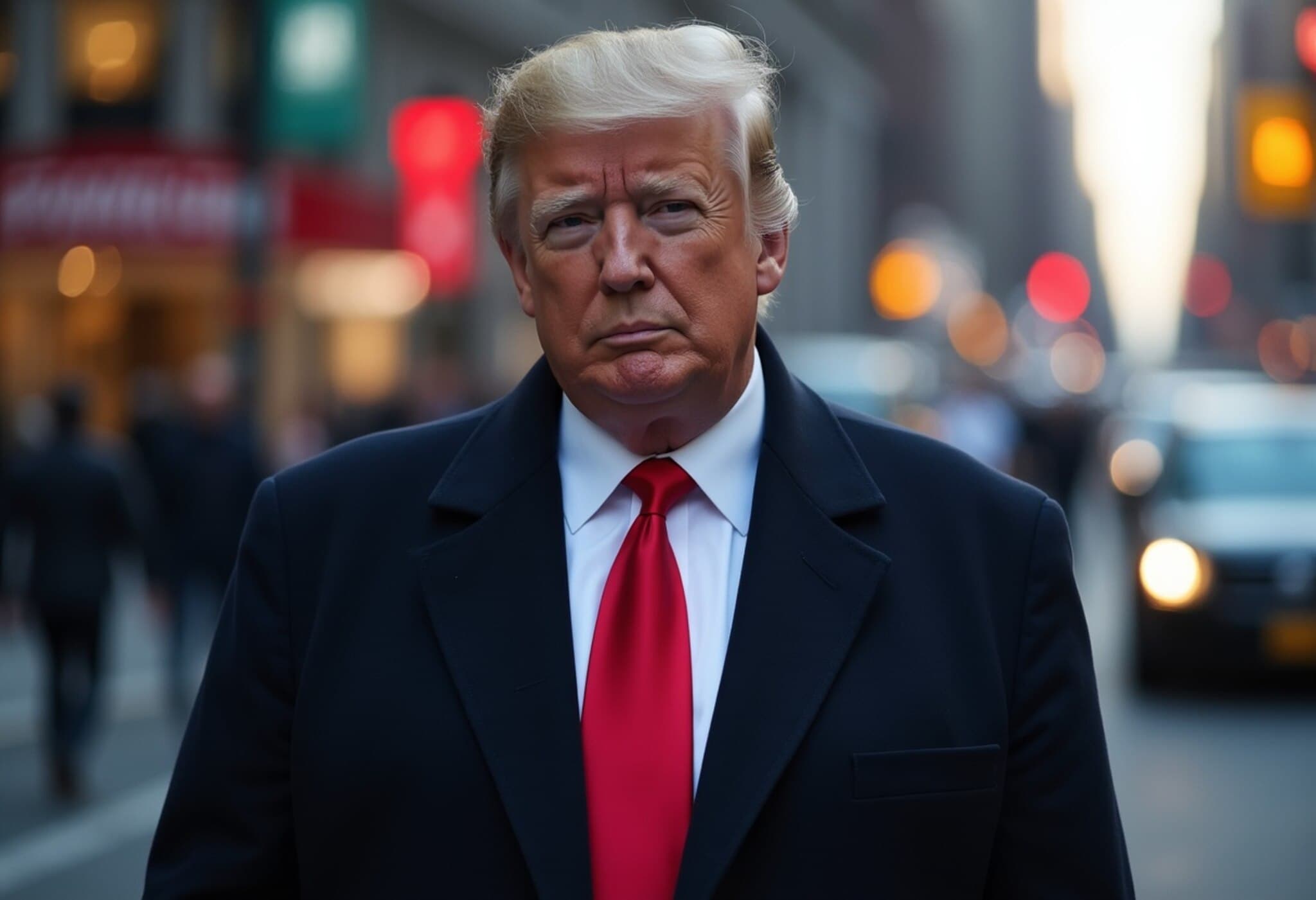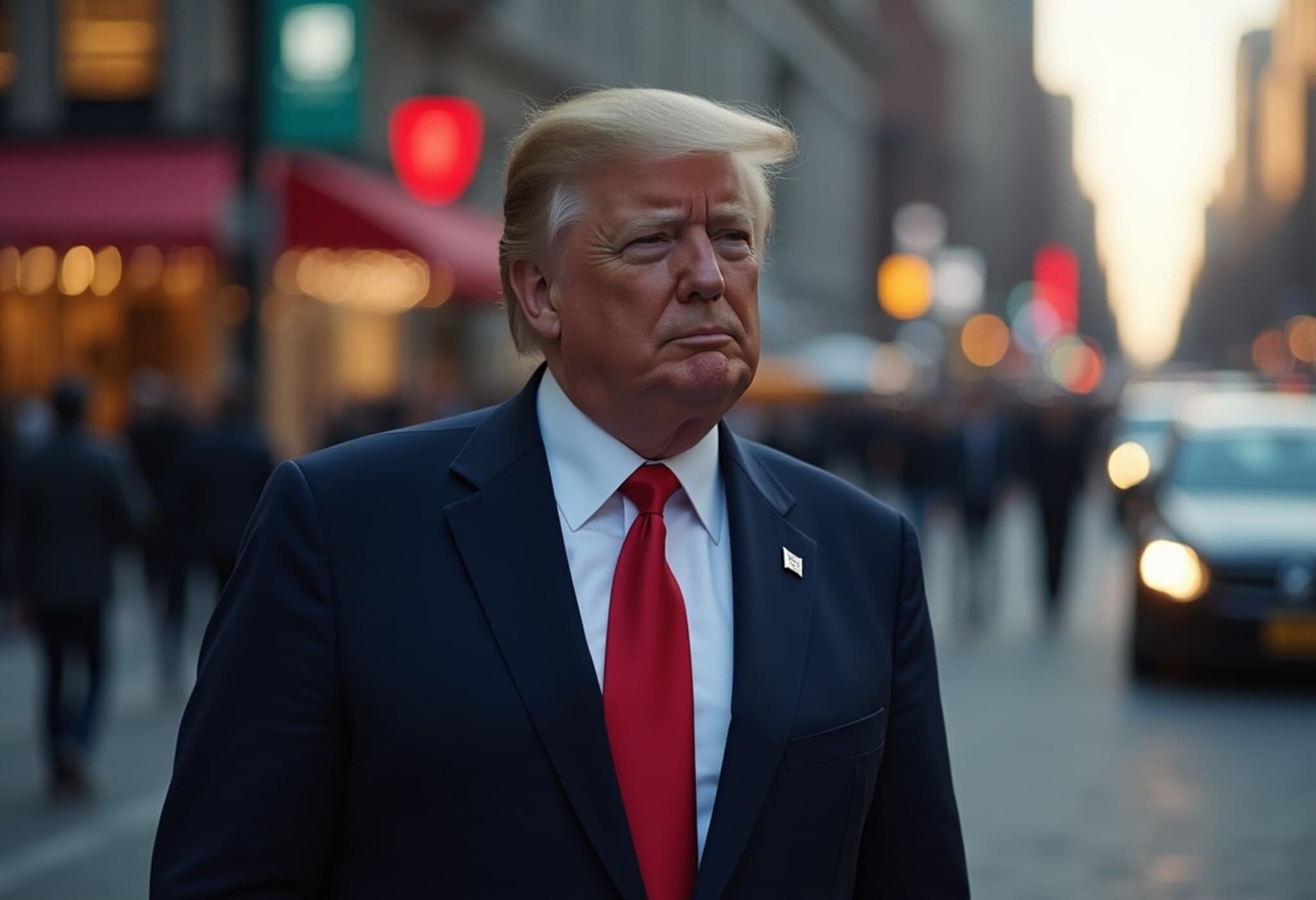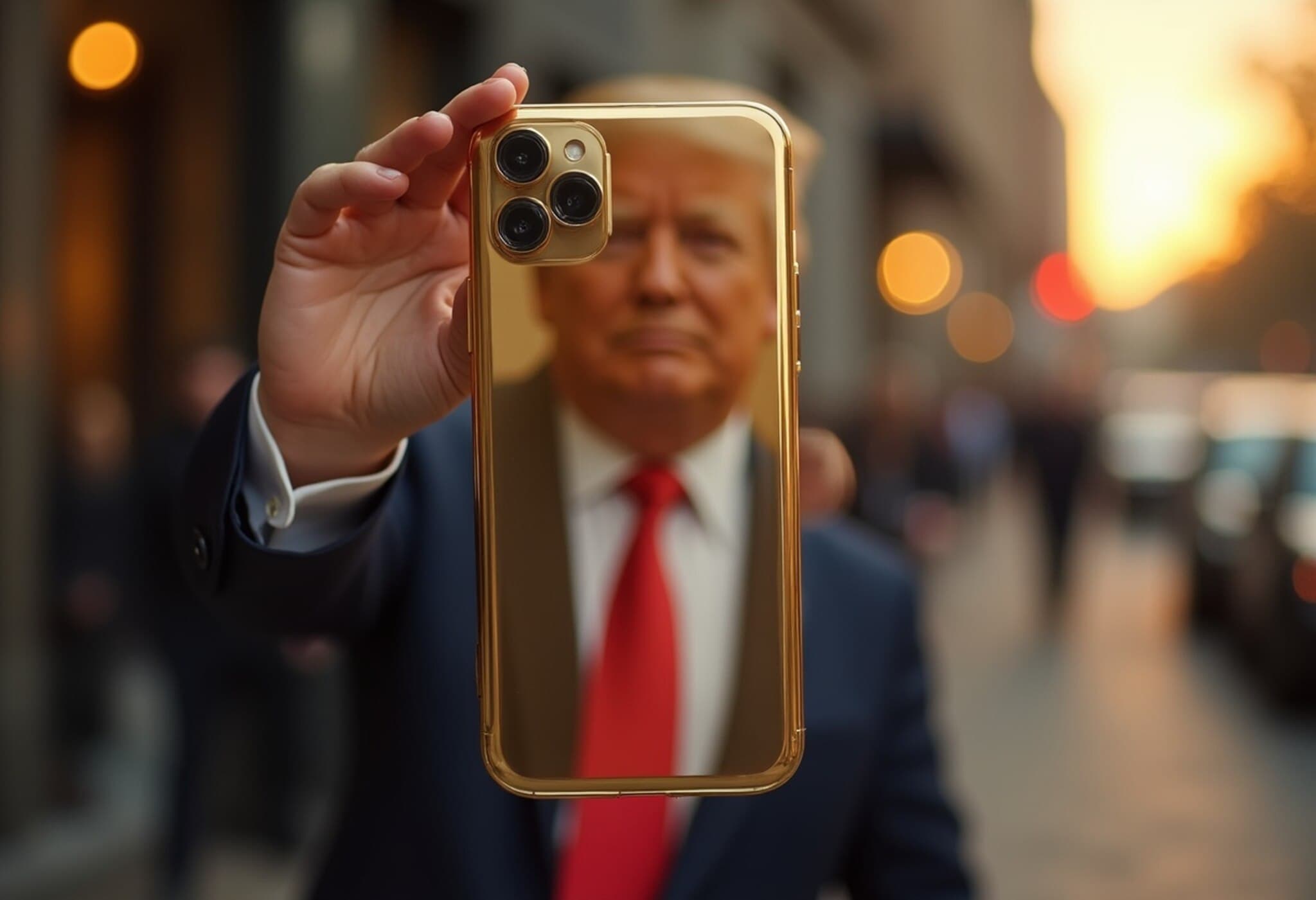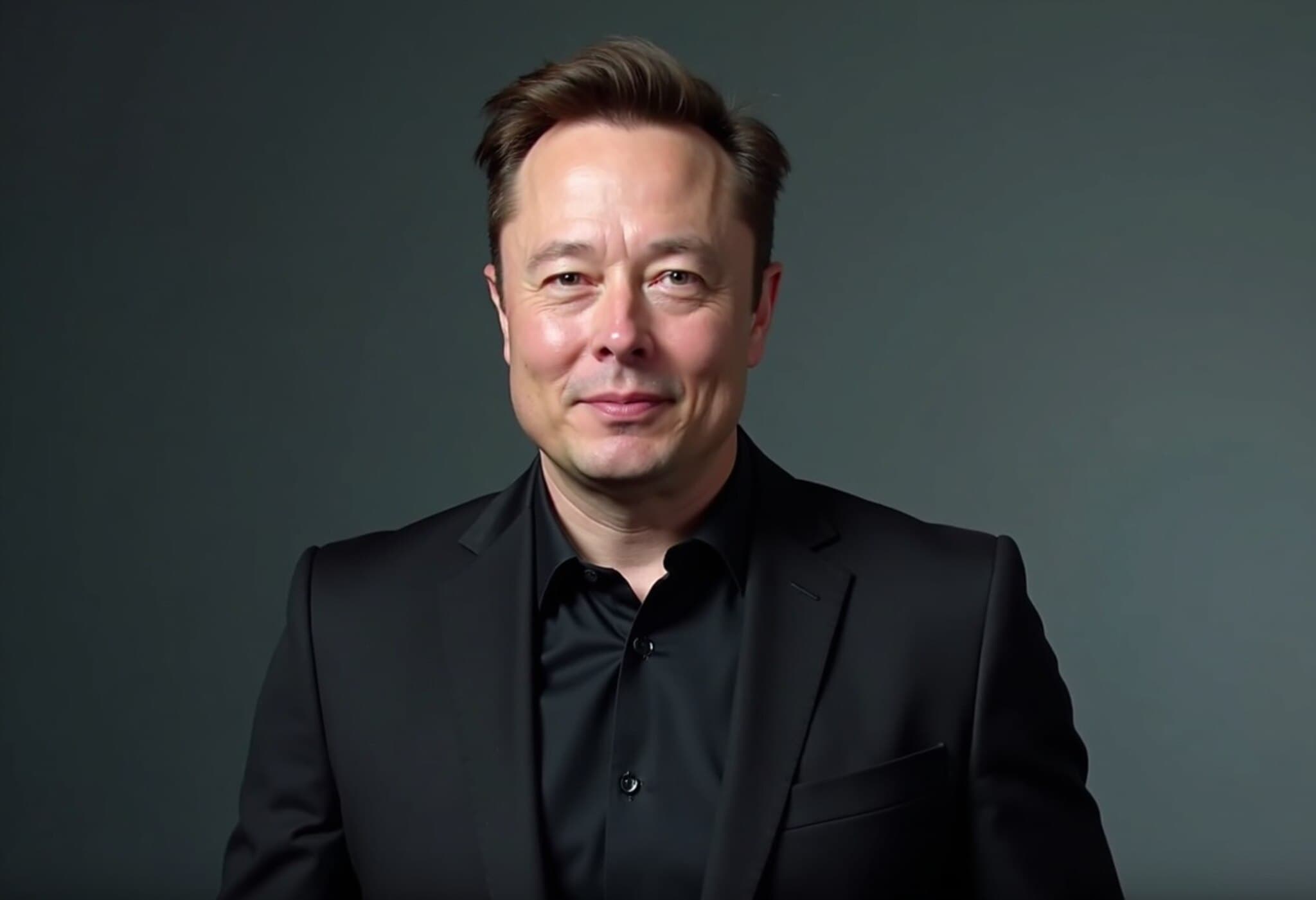Meta Launches Ads on WhatsApp After Years of Resistance
More than a decade after acquiring WhatsApp for a staggering $19 billion, Meta is finally rolling out advertisements on the platform. This marks a significant departure for a messaging app that was originally built on a foundation rejecting advertising.
Starting now, businesses can place status ads within WhatsApp's Updates tab. These ads will prompt users to engage with companies directly through WhatsApp’s messaging functions, creating a fresh avenue for interaction without interrupting personal chats.
Why Ads in WhatsApp Matter
This ad debut is part of Meta CEO Mark Zuckerberg’s vision to rewrite WhatsApp’s role in the company’s evolving portfolio. Having surpassed 3 billion monthly users globally, including over 100 million in the U.S., Meta sees WhatsApp as the next vital pillar for business growth.
Previously, Meta enabled ads on Facebook and Instagram that directed users to WhatsApp for brand conversations. Now, brands can bring ads right into WhatsApp’s ecosystem, leveraging the popular Status feature where users share content that disappears after 24 hours — similar to Instagram Stories.
Changing WhatsApp’s Ad-Free Legacy
When WhatsApp’s founders developed the app, they deliberately avoided ads, valuing user experience and privacy. This founding ethos led to their departure following Meta’s acquisition, as attempts to introduce advertising clashed with their original vision.
Despite this, WhatsApp has been steadily monetized through business tools. Analysts estimate current revenue ranges in the hundreds of millions by charging enterprises for messaging-related services. Now, with the introduction of ads and monetized Channels, Meta is expanding its revenue streams on the platform.
Monetizing WhatsApp’s Channels and Subscriptions
Alongside ads, Meta is monetizing WhatsApp’s Channels feature. Channel administrators can now purchase ad boosts to increase visibility in search results, similar in concept to promotional listings on app stores.
Additionally, admins will have the option to offer paid monthly subscriptions for exclusive content and updates. While Meta won’t initially take a cut, a future plan includes a 10% fee on these revenue streams.
User Privacy and Ad Targeting Controls
To minimize disruption, Meta confines new ads to the Updates tab, preserving the sanctity of private conversations. WhatsApp’s end-to-end encryption remains intact for chats, calls, and status updates.
Ad targeting will rely on limited user data such as country, language, device type, and interaction patterns, rather than invasive personal information. This measured approach aims to balance ad relevance with user privacy.
As Meta expands WhatsApp’s monetization, this move signals a new chapter, blending communication with commercial opportunities while striving to respect user experience and privacy.

